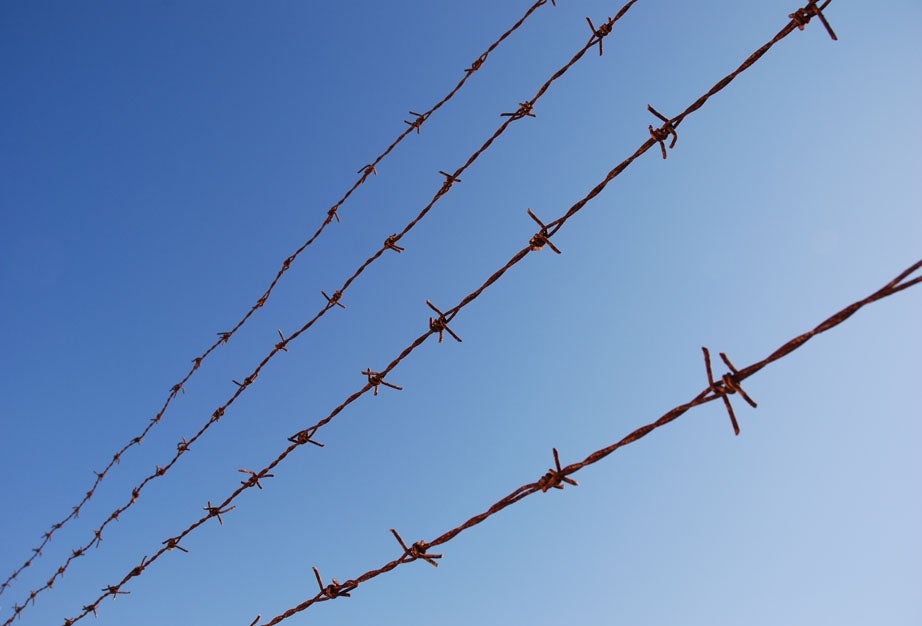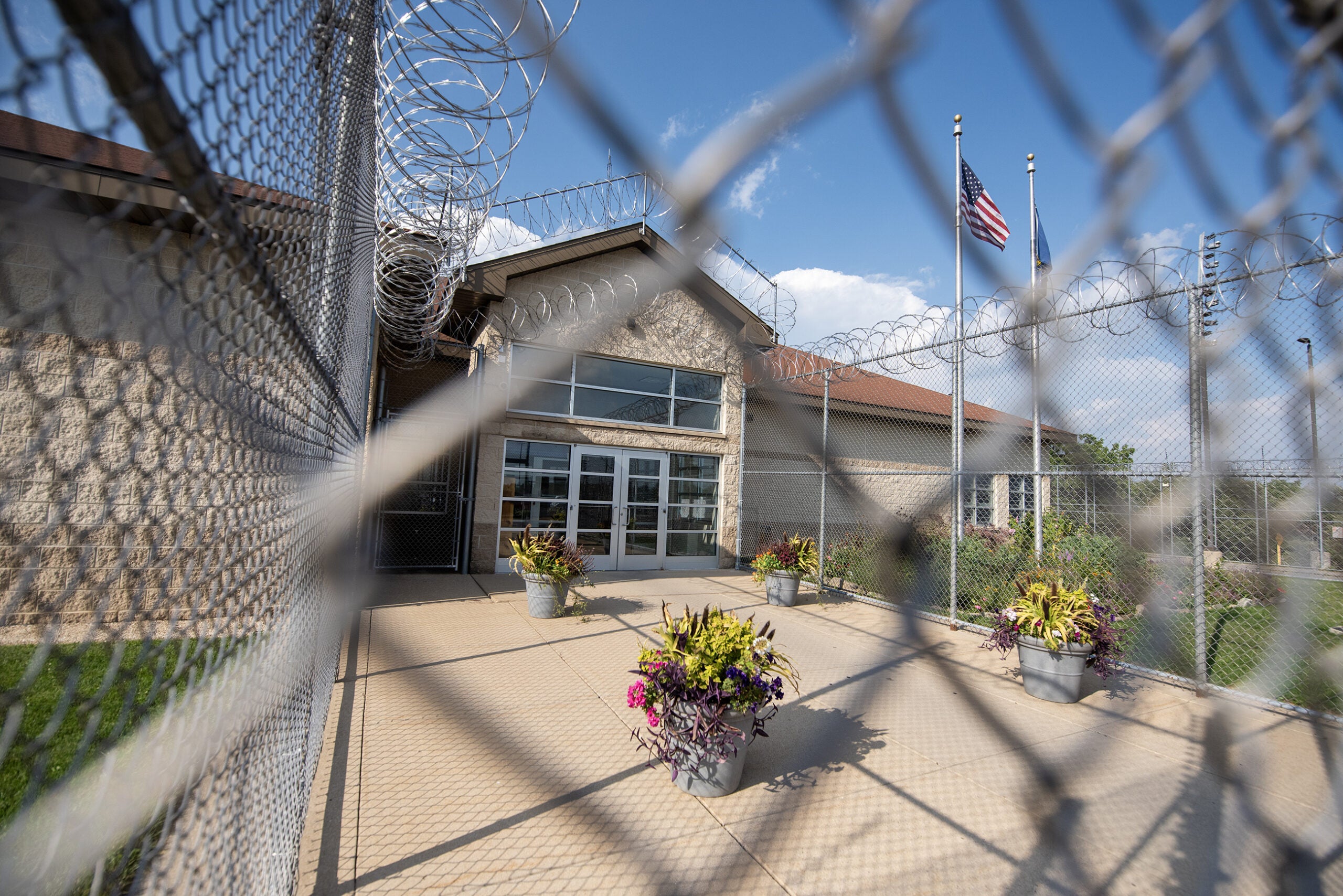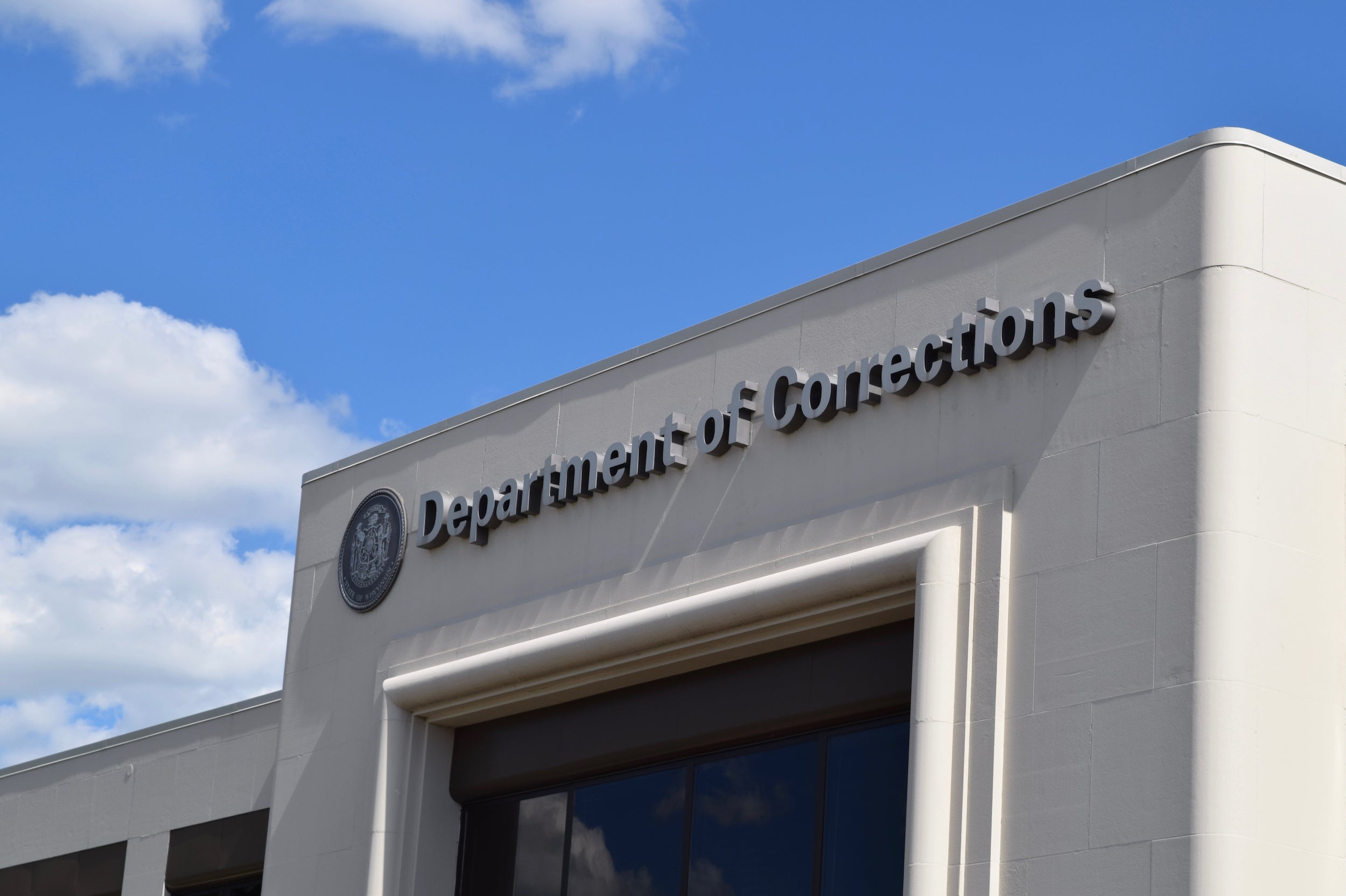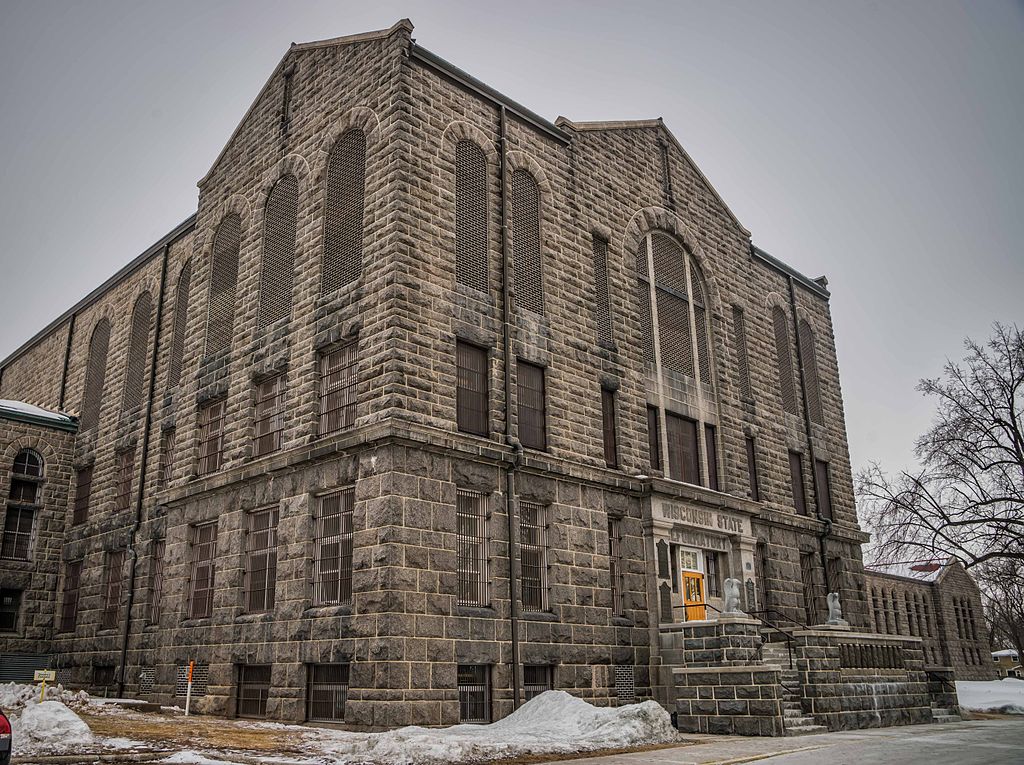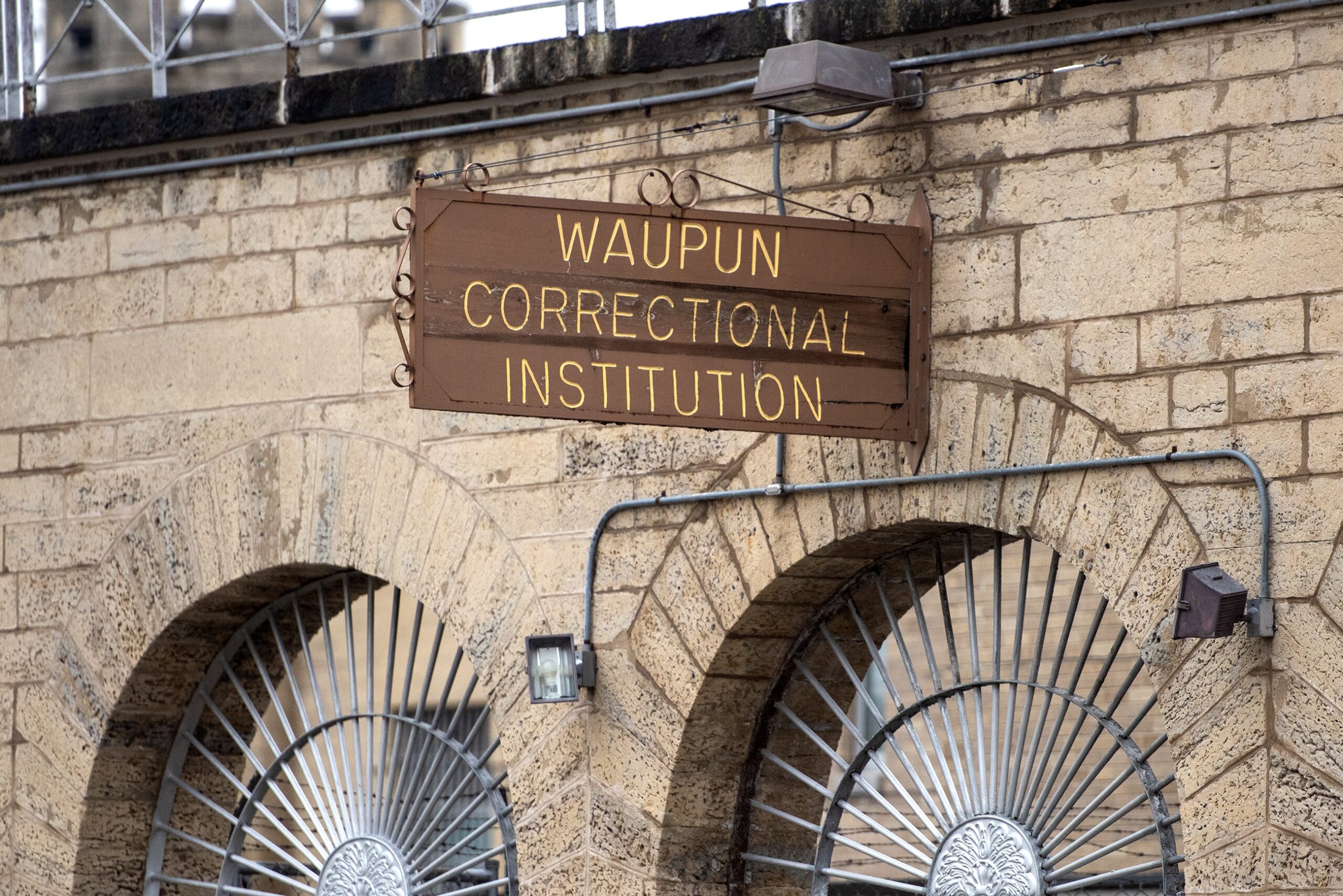A coalition of prison reform groups is stepping up its demand for the release of almost 3,000 prisoners now eligible for parole.
Like many other states, Wisconsin abolished its parole system 14 years ago when the Legislature enacted truth in sentencing. Prisoners sentenced before 2000, however, are still eligible to go before the parole board and seek release.
Reverend Jerry Hancock runs a prison ministry program in Madison and is a spokesman for the statewide prison reform group WISDOM. He said when these people were sentenced, the judge expected they would come up for parole years before their sentence was complete.
Stay informed on the latest news
Sign up for WPR’s email newsletter.
“These almost 3,000 people represent almost $90 million a year that the state is spending to keep them in prison,” said Hancock. “It’s in everybody’s interest to get them out of there as soon as possible.”
The number of these inmates granted parole has dropped from more than 1,500 in 2004 to just 150 in 2012.
University of Wisconsin Law School professor Cecelia Klingele said at least some of these inmates are serving time for serious crimes like murder and rape, and there’s strong public pressure not to release them, no matter how much they may have rehabilitated themselves.
“What percentage fall into that category, I don’t know, and we can disagree about whether the crime of conviction should be the sole reason for denying parole,” said Klingele. “But I would suspect that explains at least some of the drop in the absolute number of paroles that we’re seeing here.”
Reformers are calling for a review of the cases of every parole-eligible inmate and independent review of how well the parole system is operating.
Wisconsin Public Radio, © Copyright 2025, Board of Regents of the University of Wisconsin System and Wisconsin Educational Communications Board.
